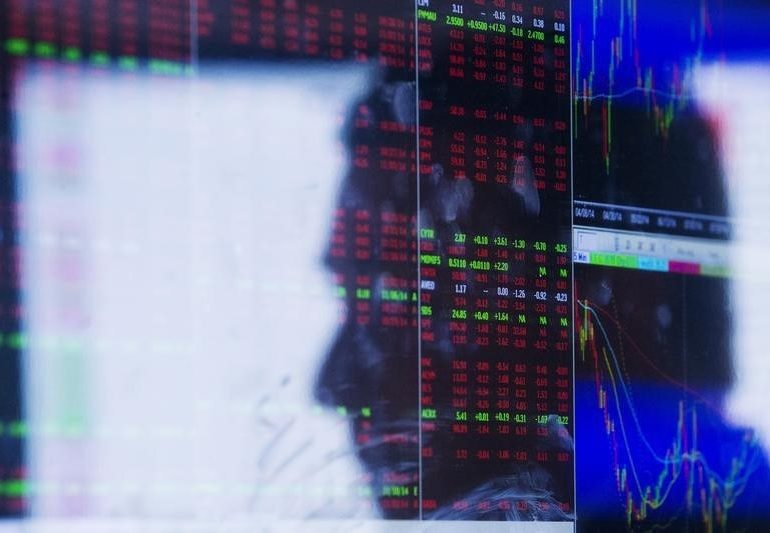 © Reuters.
© Reuters. (This March 26th story corrects to fix typographical and grammatical error in quote in paragraph 6)
By Anirban Sen, Krystal Hu and Noor Zainab Hussain
(Reuters) – Online lending startup Social Finance Inc (SoFi) will allow retail investors to buy into initial public offerings (IPOs) of companies, an investment opportunity traditionally reserved for large Wall Street investors.
SoFi’s Friday announcement comes a day after a Reuters report revealed that online brokerage Robinhood Markets was building a platform to “democratize” IPOs, including its own, that would allow users of its trading app to snap up shares alongside big funds.
Large institutional investors and funds have traditionally been first in line for such stocks, as well as the investment banks that earn big money from arranging such offerings.
SoFi’s latest move could expand access to buying IPO shares alongside large investment firms to everyday investors, most of whom are only able to buy stock when the shares start trading. Nineteen IPOs of companies in 2020 had seen their shares’ value more than double in their first day of trading.
In an interview, SoFi Chief Executive Officer Anthony Noto said the new IPO offering was designed to encourage more long-term holders and would penalize investors who focus on short-term profits from opening-day pops.
“We have a very different customer base, members who are high earners, not well served,” said Noto. “It’s a client base that is interested in investing, is actively managing a portfolio and focused on financial objectives. Their interest is in line with issuers.”
SoFi said the latest IPO offering, which has been in the works since 2019, will be available to anyone with an investment account with the company and a minimum of $3,000 in the account.
Noto, who has previously headed the technology media and telecom group at Goldman Sachs (NYSE:) and has worked on more than 50 IPOs in that role, said SoFi will selectively choose the IPOs it plans to offer to investors on the platform, based on the quality of the companies.
DEMOCRATIZE IPOs
Currently, retail investors and other amateur traders cannot buy shares of a newly listed company until they start trading. Since shares often trade higher when they debut, big funds that get allocations in an IPO have a massive advantage.
The average first-day trading pop on U.S. listings of businesses in 2020 was 36%, according to data provider Dealogic.
SoFi has already obtained regulatory clearances to operate the new IPO platform, Noto said, adding that the company will act as a “passive” underwriter on deals. SoFi pitched the allocation plan to issuers and will work with banks and underwriters on allocating shares.
Like other Wall Street banks and underwriters on deals, SoFi will collect underwriting fees from issuers for allocations.
“I’ve talked a lot about leveling the playing field for retail investors, and am proud to say @SoFi is aiming to do that starting today,” tweeted venture investor Chamath Palihapitiya, whose blank-check firm struck a deal to take SoFi public in January.
Fusion Media or anyone involved with Fusion Media will not accept any liability for loss or damage as a result of reliance on the information including data, quotes, charts and buy/sell signals contained within this website. Please be fully informed regarding the risks and costs associated with trading the financial markets, it is one of the riskiest investment forms possible.

